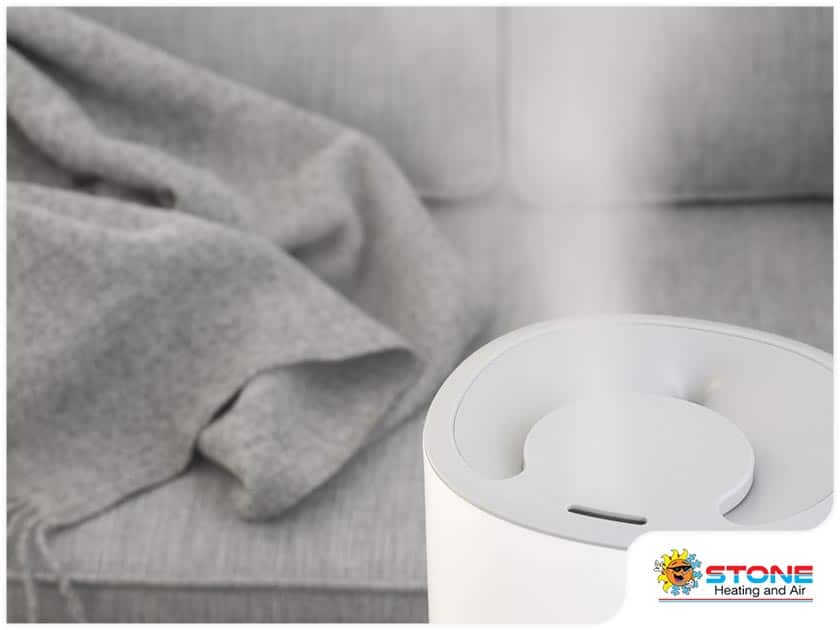Why Should You Maintain Good Humidity During Winter?
the weather outside gets colder and drier, paying attention to the humidity levels inside your home becomes important. Humidity is the amount of water vapor present in the air. When the air is saturated with water vapor, it can condense and cause damage to your drywalls, attic, and the roof’s wooden components. Too little moisture in the air can also cause the same level of damage.

In this post, Stone Heating and Air, a top-notch local HVAC service company, lists tips for maintaining good humidity levels during winter.
Ways to Maintain Healthy Humidity Levels in Winter
Use a humidifier. A humidifier can help add moisture to the air, making it less dry and more comfortable to breathe.
Open the windows. If it’s not too cold outside, opening the windows for a few minutes each day can help increase indoor humidity levels.
Make sure you’re drinking plenty of fluids. This will help keep your body hydrated and prevent dryness.
Keep plants in your home. Plants release water vapor into the air, increasing indoor humidity levels.
Make sure your HVAC system is working properly. If your HVAC isn’t cooling or heating your rooms correctly, it can destabilize their humidity levels. A malfunctioning HVAC could be the source of extreme indoor dehumidification.
The Effects of Low Humidity
Low humidity can cause various problems with your body and environment. You can have dry skin, sinus issues, feel fatigued, get dehydrated and have mood swings. Furthermore, dry air can cause wooden components in your home to crack and turn brittle due to the lack of moisture.
Make sure your HVAC system is in top shape and you have excellent humidity levels at home. Have your unit serviced by top professionals from Stone Heating and Air. We’ve serviced numerous homes in your area with high-quality installations, repairs, and replacements. Call us today at (541) 855-5521 or fill out this contact form to get an estimate.
Category: Indoor Air Quality
Request An Appointment
Related Content



